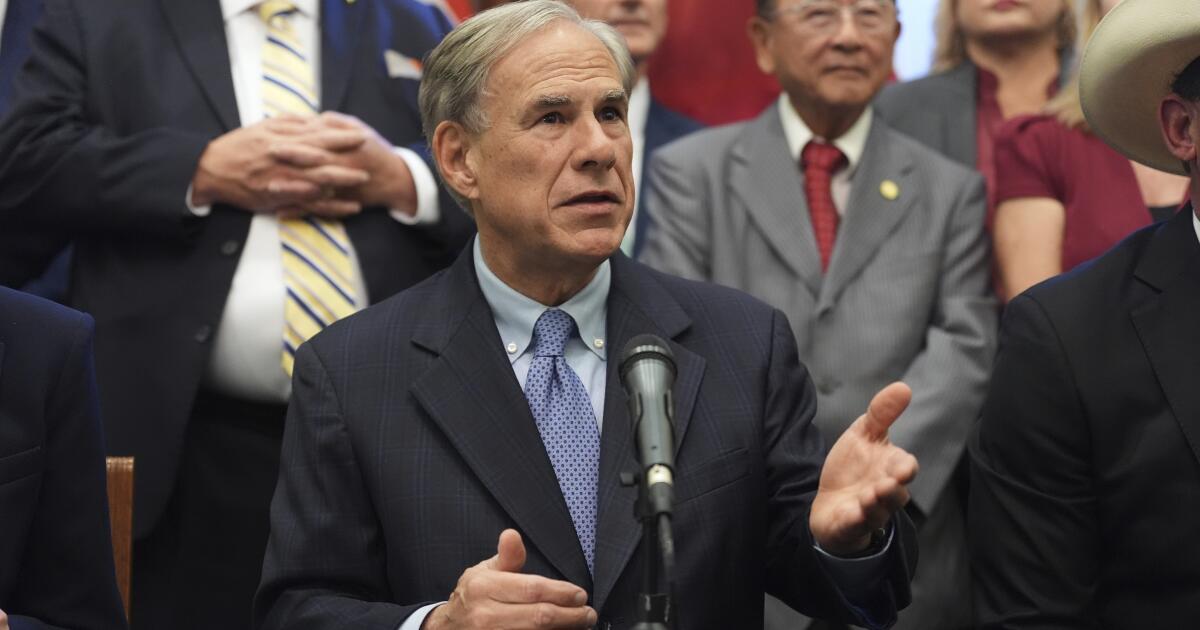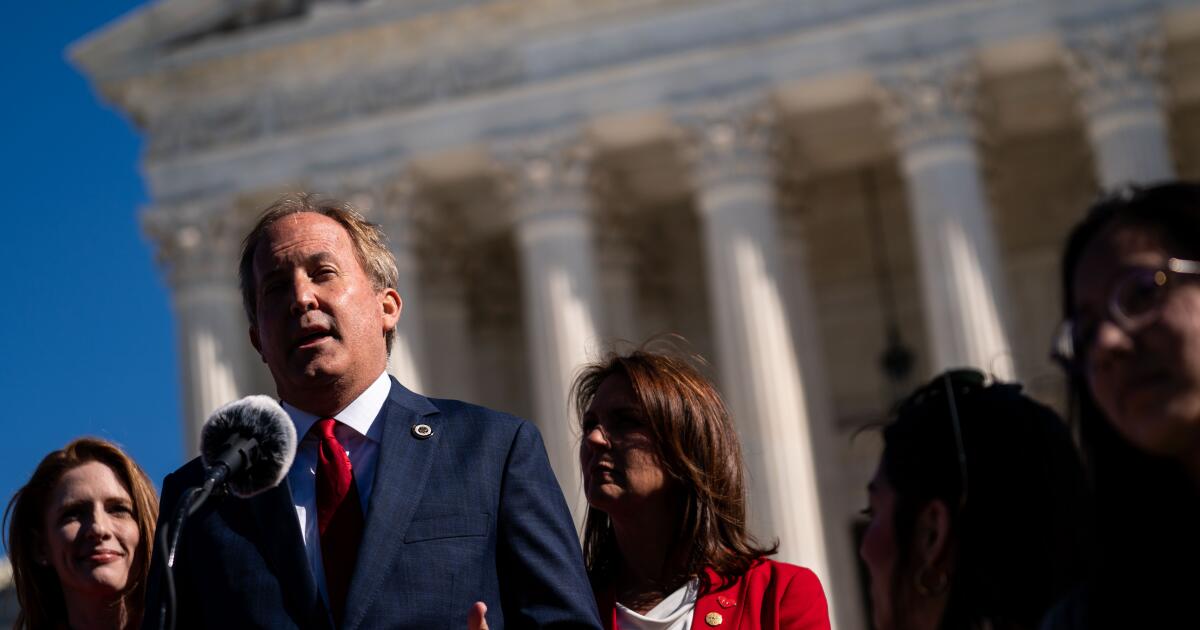Federal appeals court annuls block on Texas law giving police broad powers to arrest migrants
NEW ORLEANS — A federal appeals court has vacated a ruling that a Texas law giving police broad powers to arrest migrants suspected of illegally entering the U.S. was unconstitutional.
The 5th Circuit Court of Appeals on Friday vacated a ruling by a three-judge panel, and now the full court will consider whether the law can take effect.
The Texas Legislature passed Senate Bill 4 in 2023, but a federal judge in Texas ruled the law unconstitutional. Texas appealed that ruling.
Under the proposed law, state law enforcement officers could arrest people suspected of entering the country illegally. Once in custody, detainees could agree to a Texas judge’s order to leave the country or face a misdemeanor charge of entering the U.S. illegally. Migrants who don’t leave after being ordered to do so could be arrested again and charged with a more serious felony.
Texas Gov. Greg Abbott said in a social media post Friday that the court’s decision was a “hopeful sign.”

